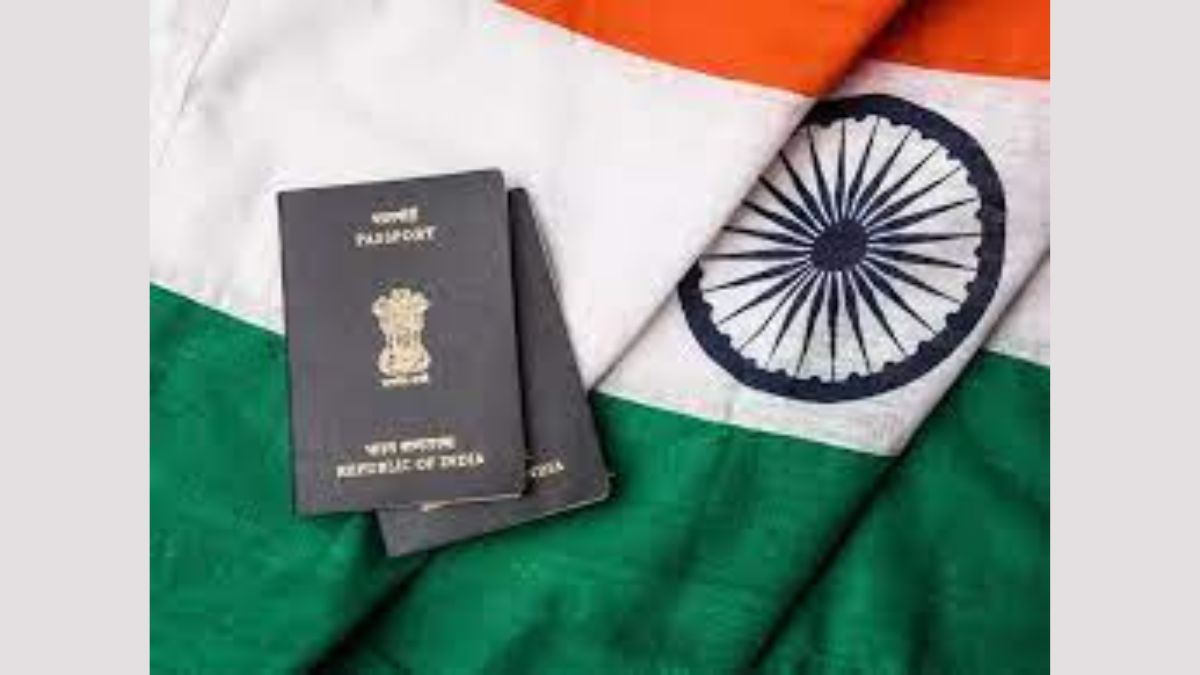Over 2.25 lakh Indians renounced citizenship in 2022: Centre
India's Minister of External Affairs, S Jaishankar, provided the total number of Indian nationals who renounced their citizenship by year

Advertisement
New Delhi : Since 2011, over 16 million Indians have renounced their citizenship, with 2,25,620 doing so in 2018 alone. This number drops to 85,256 in 2020, the last year for which data is available.
In response to a question in the Rajya Sabha, India’s Minister of External Affairs, S Jaishankar, provided the total number of Indian nationals who renounced their citizenship by year.
Mr. Jaishankar reported that 1,31,489 Indian nationals renounced their citizenship in 2015, 1,41,603 did so in 2016, and 1,33,049 did so in 2017.
There were 1,34,561 naturalised citizens in 2018, 1,44,017 in 2019, 85,256 in 2020, and 1,63,370 in 2021 who renounced their citizenship.
It was 2,25,620 in 2022, the minister said.
For comparison, Jaishankar reported a total of 1,22,819 in 2011, 1,20,923 in 2012, 1,31,405 in 2013, and 1,29,328 in 2014.
Sixteen million and sixty-three thousand and four hundred Indian nationals have renounced their Indian citizenship since 2011.
In response to a direct question, he said that five Indian nationals had been granted citizenship in the United Arab Emirates over the course of the previous three years.
Mr. Jaishankar also listed the 135 countries where Indians have gained citizenship.
When asked a related question, Minister of State for External Affairs V Muraleedharan responded that the government is aware of the problem of professionals being laid off by US companies in recent months.
“A sizeable fraction of these are probably Indian nationals working on H-1B and L1 visas. Concerns about the free flow of highly skilled workers, such as IT professionals, have been raised repeatedly by the Indian government with the American government “According to what he had to say.
Moreover, “it has been working with various stakeholders, including industry organisations and business chambers on these issues,” as Mr. Muraleedharan put it.
Advertisement

